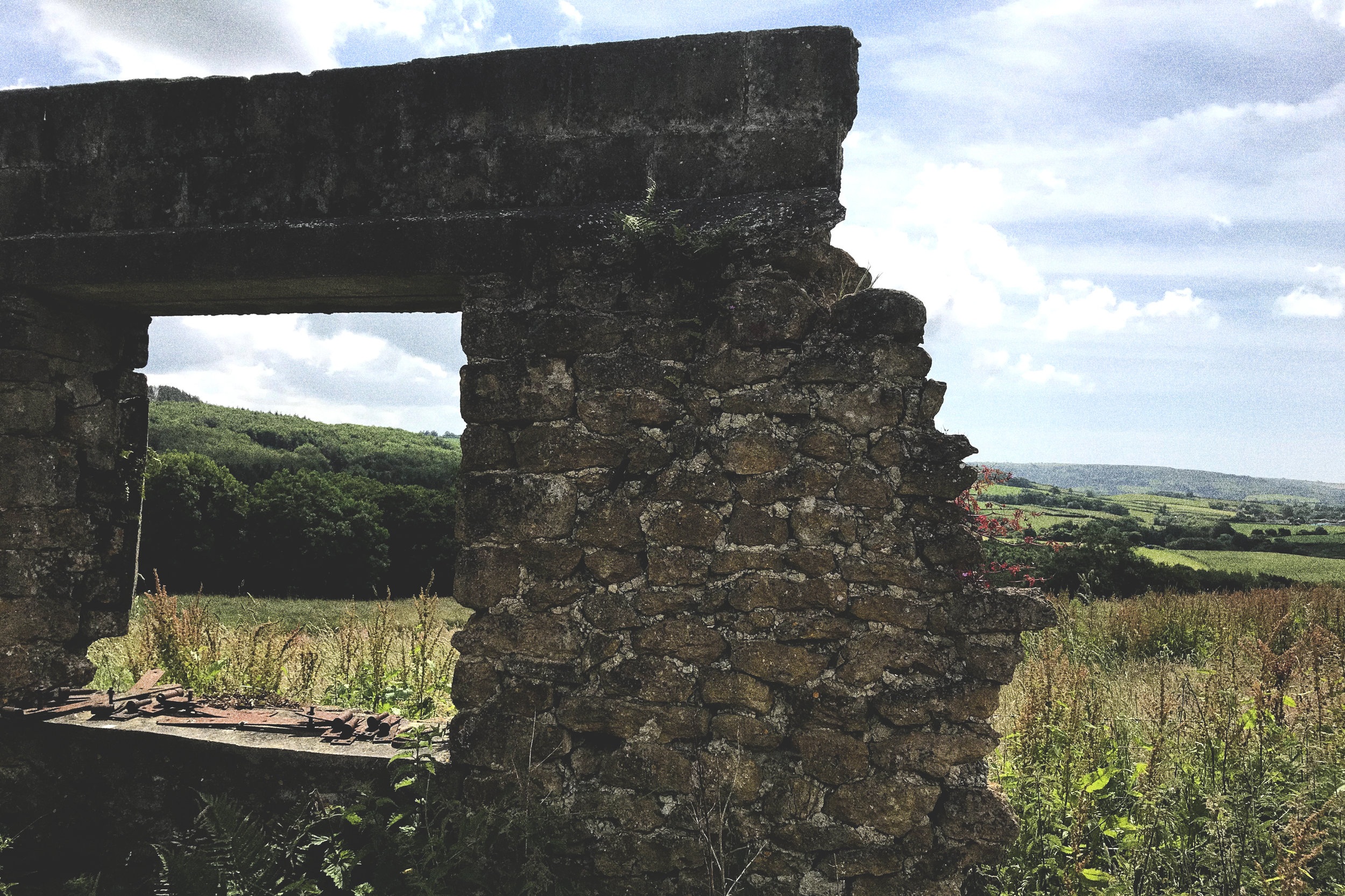I recently attended a performance of 'Spell Songs’, the music and songs written by folk musician Julie Fowlis and others in response to the remarkable book, ‘The Lost Words: A Spell Book’. Created by Robert McFarlane and Jackie Morris, the book is a compilation of writings and painted illustrations that cast ‘spells of many kinds’ to produce ‘a joyful celebration of nature words and the natural world they invoke'.
As I sank into the music, I wondered whether there were words in architecture that cast spells in similar ways? Words that, perhaps magically, connect the physical world of buildings, cities and landscapes with the world of the imagination.
Three words came to mind, each arriving with a personal association:
Unfinished
I thought of the team of talented ex-colleagues who are currently working hard to facilitate the completion of Antoni Gaudi’s astonishing Basilica de la Sagrada Familia in Barcelona (image above). The city authorities having decided to accelerate its construction so that it will be completed by 2026, the 100th anniversary of Gaudi’s death.
There is no doubt that when completed, it will be one of the most incredible churches ever built. But actually, it already is one of the most incredible churches ever built, even though it remains a work in progress. When you visit now, you have the pleasure of experiencing a remarkable building by a genius architect as well as witnessing the designers, artists, masons and other craftspeople at work. You see it continuing to take shape, and that’s where the magic lies.
I would find it hard to begrudge the considerable contribution that my friends are making towards the building’s completion. Its just that I wish they weren’t! I’d much prefer it if the work were slowed down so that it could remain a perpetual and continuous creative act. Never quite reaching completion. The visitor left to speculate about what is to come next.
Ruined
I remembered a derelict estate cottage on a densely wooded hill near my home town. When I first came across it as a teenager, most of the stone walls were still standing, and some of the roof timbers were in place, but over the years things had gradually deteriorated and collapsed. The surrounding woodland had increasingly taken back control. Close to the cottage was a clearing which led to a rocky outcrop that provided an opportunity to look out across the dramatic local landscape.
I visited this place every now and again, although, looking back, I seem to have only visited at times of heightened emotions. Perhaps upset because of some failure or elated as a result of some notable achievement. Mostly, I visited alone, but occasionally I would take a companion; someone special for my special place. It was the ruins that made it special. They made you think about who had lived there and the life they’d led in that isolated location. Somehow imagining their past, acted as a helpful precursor in thinking about one's own future.
At the time of my last visit, the site around the cottage had been cleared, and the house rebuilt. New saplings had been planted. The ruins gone.
Lost
I recalled a visit a few years ago to The Lost Gardens of Heligan, the Cornish gardens renovated by the visionary, Tim Smit. I noted how Smit must have been aware of the power of that word, ‘lost’, and how the impact of his project would have been greatly diminished without it. A single word that, in this context, conjures up former glory, followed by years of decline.
But my visit had been bitter-sweet. In the 1980s, I’d marvelled at the documentaries about the project as the former landscapes and buildings were revealed from beneath decades of overgrowth. How disappointed I was then, that by the time of my visit, the entire garden had been renovated and there was no remaining sense of decay and dereliction. I had naturally (naively?) assumed that something of the as-found, overgrown and dilapidated state of the gardens would have been retained. A section of garden left as it was so that, as a visitor, I could participate more viscerally in imagining the lives, ambitions and fate of its previous owners.
But sadly, any sense of ‘lostness’ had, by then, been lost.
We're hard-wired to use our imagination. We naturally fill in the blanks when things are concealed from us; we postulate the fortunes of our predecessors when we find evidence of their existence; and we extrapolate how things might have been when we come across the incomplete. But we can also be tidy-minded, and this leads to a second urge which is at odds with the first. It makes us want to re-discover things that have become lost, re-build things that have become ruinous and complete things that have been left unfinished. In the process, we often destroy the very thing to which we were drawn.
We must take care not to break the spell that those words cast.
“We lack - we need - a term for those places where one experiences a 'transition' from a known landscape... into 'another world': somewhere we feel and think significantly differently.”
Robert Macfarlane
This article was written by Andy Foster for the June ‘19 edition of the Sherborne Times.




